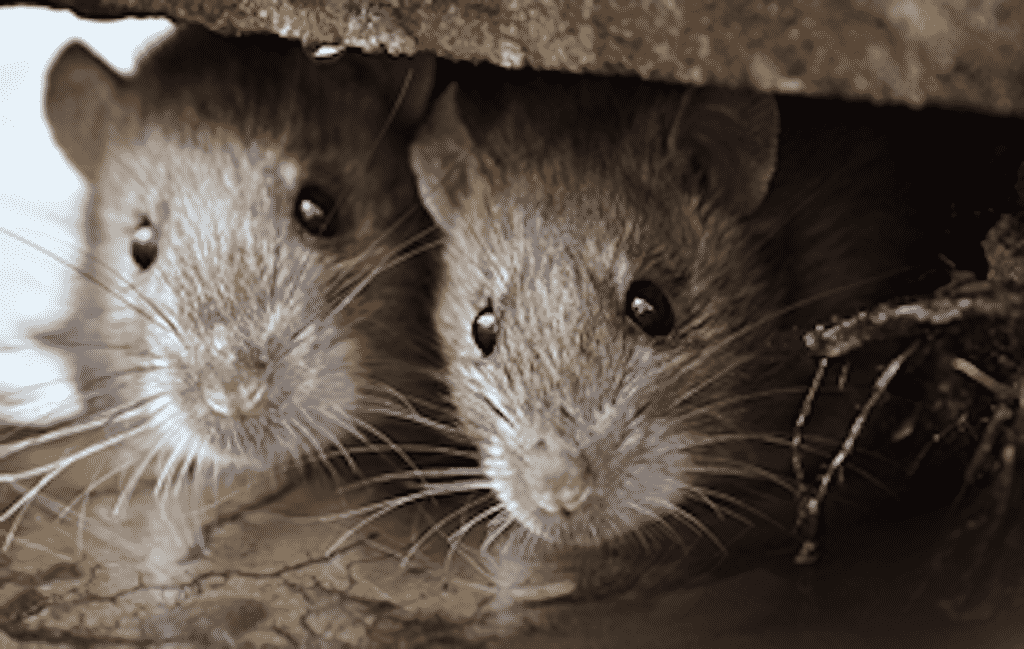There’s a popular song by UB40 called “There’s a rat in my kitchen, what am I going to do?” While that may be fun to sing, it’s not so fun when the situation transpires into real life. Having a rat or a mouse in the house is not something to be taken lightly.
Looking at the numbers of calls for pest control Melbourne and other major Australian cities’ experts get, rodents are among the top vermin plaguing households. And, since rats breed quite extensively, a small problem can become a horrendous situation in no time. So, don’t take their appearance lightly.
Rats: Not So Cute
There are two types of people in the world. Those who think rats are cute and the rest of us. Let’s delve into a few reasons why rats move into your home, why they can’t stay there, and what you should do to keep them out.
Why do Rats Move into Your Home?
Rats move into homes for the same reason as any other creature. Shelter, warmth, comfort, food, and water are the top reasons you might be sharing your home with a few furry vermin. But, some homes are more attractive to rats than others.
Some of the reasons a home may seem more desirable for a rodent are:
- A messy home where food is left out or spills are not cleaned immediately.
- Pet food standing around.
- Spaces that provide shelters such as leaf piles, debris or woodpiles.
- Living across an open field where rodents live.
- Easy access to food or water sources.
Why Rats Are Considered a Pest
Pest rodents and rats often carry diseases that can expose you to a number of health risks. What diseases do rats carry that make them such nasty little creatures to be around? The most common diseases carried by wild rodents include:
- Hantavirus: In humans, this pathogen can cause a type of kidney disease that will eventually lead to renal failure. The Hantavirus disease is spread when particles containing the virus are spread in the air in the form of rodent urine, droppings or saliva. Infection occurs when you breathe in these particles as you sweep up the droppings.
- Salmonella: All rodents naturally carry salmonella in their intestines but don’t reflect any signs of the illness related to it. They do, however, shed the illness through their droppings or urine.
- Leptospirosis: This disease is a form of a bacterial infection that spreads from rodent urine. It also spreads in the water they come in contact with. Commonly called Weil’s disease, your pets could also contract this from a rat bite or by coming into contact with urine-contaminated water. This type of bacteria affects the liver and kidneys of humans and other animals.
- Tularemia: This virus is similar to tick bite infection and can result in death if not treated timeously. It’s spread by skin contact with infected animals and is very common in wild rodents.
Other than carrying disease, rats are also considered a nuisance. They chew wires, damage property by gnawing at everything to get inside and tear open food storage bags.
What Can You Do To Keep Rats Out of Your Home?
Fortunately, there are several ways you can keep rats out of your home and minimise contact with your pets:
- Fill cracks, gaps and other crevices: Rats can squeeze themselves into the smallest spaces. It’s important to check your home for any openings that shouldn’t be there. Cracks, crevices and holes should be sealed up tightly with the correct materials. If these openings are on the outside of your home, ensure they’re closed with weatherproof materials.
- Don’t supply food sources: You might not be intentionally feeding them, but since rats are very resourceful, they will find anything that can be deemed a food source. Ensure you clean counters, wash up spills, cover garbage cans both inside and outside, and tidy your garden. It also includes not leaving outdoor pets’ food out at night. Put your household food into airtight containers rather than leaving them in the original packaging in food cupboards.
- Remove potential habitats: Remove any old and no longer useful debris from your property. Wood piles should be stored at least 18″ above ground and at least a foot or two away from the house wall.
- Trim plants close to your home: Trim or cut down any types of plants that rats could use as a bridge to reach your house.
- Call the professionals: Ideally, the best solution, if you have a rat problem, is to call the experts. Often people attempt to deal with the problem by reverting to a variety of store-bought poisons. These can be toxic to pets and small children who may accidentally come into contact with the poison or the vermin once it’s been poisoned. The best solution is to call experts who know how to deal with the situation in a safe manner.
Conclusion
It’s clear that rats might look cute and furry, but they’re quite harmful to humans and other animals. Use our tips to keep your environment rat-free and don’t hesitate to call on the professionals when you have a rat in your kitchen!

